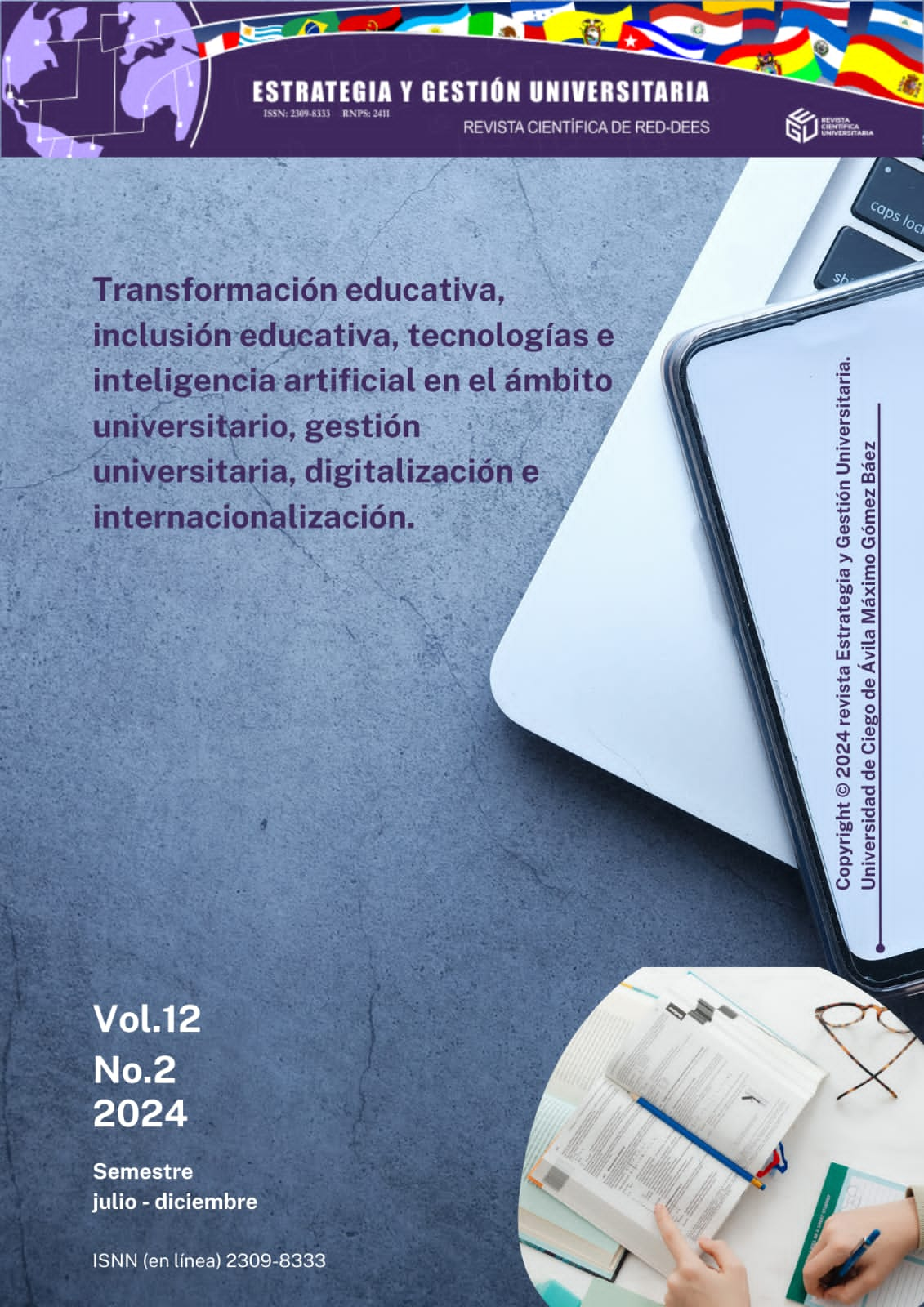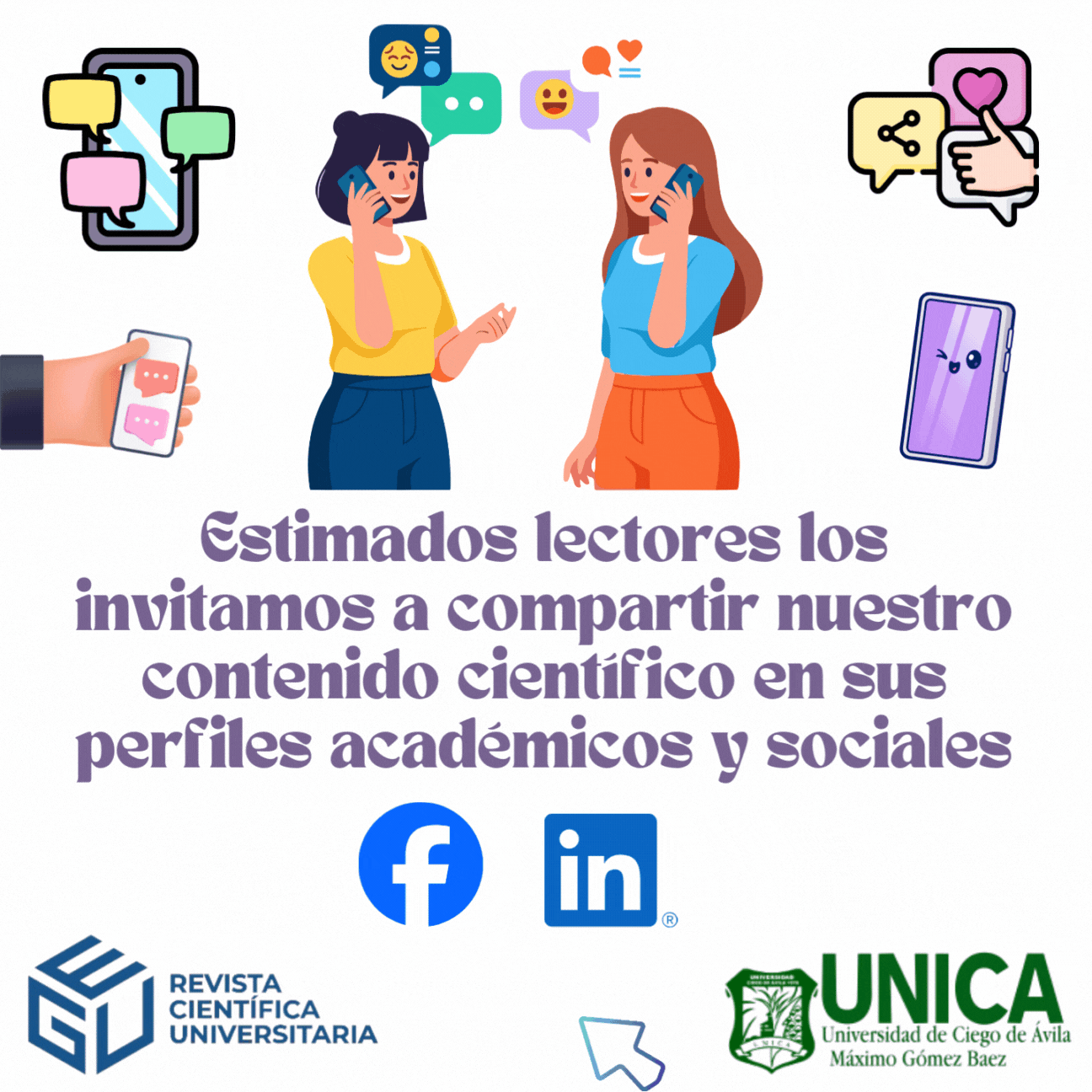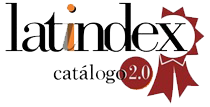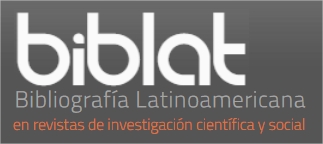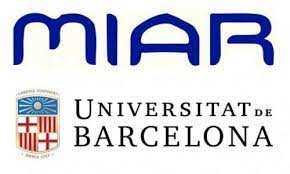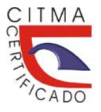Estrategia didáctica con las herramientas Padlet y Mentimeter en la asignatura Historia del Derecho
DOI:
https://doi.org/10.5281/zenodo.13830444%20Palabras clave:
profesión jurídica, aprendizaje activo, aprendizaje en línea, tecnología de la información, motivaciónResumen
Introducción: la carrera Derecho de nivel universitario cuenta con la asignatura Historia del Derecho, dirigida a la reflexión sobre los sistemas jurídicos a través de las diferentes formaciones económico-sociales, cuyo contenido es subvalorado en su importancia por parte de los estudiantes en curso inicial. Objetivo: socializar la valoración de los resultados obtenidos en la aplicación de la estrategia didáctica con el uso de las herramientas digitales Padlet y Mentimeter en la asignatura Historia del Derecho, carrera Derecho de la Universidad Bolivariana del Ecuador. Método: la investigación se desarrolló sobre una muestra de 15 estudiantes del primer año de la carrera; se empleó la entrevista, cuyo procesamiento, tabulación y presentación; permitieron desde un paradigma positivista, con enfoque predominantemente cuantitativo y alcance descriptivo, la valoración de manifestaciones ante las actividades previstas en la estrategia didáctica. Resultados: revisadas las aplicaciones de las tareas con la utilización de las herramientas digitales Padlet y Mentimeter, se obtuvieron favorables resultados de aprendizaje, con primacía de los correspondientes a la plataforma Mentimeter, en contraste con los resultados registrados en el curso anterior. Conclusión: a partir de la puesta en práctica de la estrategia didáctica se denota una estructura de participación y de resultados cualitativos en ascenso que evidencian la conveniencia del uso de las plataformas digitales.
Descargas
Citas
Aragón, T. K. (2020). Aplicación de herramientas digitales para la construcción y consolidación de aprendizajes en la asignatura Desarrollo Curricular de Ciencias Sociales. Anuario de Investigación 9. https://www.semanticscholar.org/paper/Aplicaci%C3%B3n-de-herramientas-digitales-para-la-y-de-I-Aguilar/aa4f3de2237317d422bb9086938ca0700e920c3c?p2df
Beltrán, I. (2022). Una propuesta de aprendizaje cooperativo basada en el uso de Padlet. Tecnología, Ciencia Y Educación, 22, 7–38. https://doi.org/10.51302/tce.2022.654
Caballero, H. I. (2020). El contexto y las formas de organización del proceso de enseñanza aprendizaje. Didasc@lia: Didáctica y Educación, 11(4), 76-86. https://dialnet.unirioja.es/servlet/articulo?codigo=7798824
Carcaño, E. (2021). Herramientas digitales para el desarrollo de aprendizajes. Vinculando, 9 (1). https://vinculando.org/educacion/herramientas-digitales-para-el-desarrollo-de-aprendizajes.html
Catalá, Ll., Francés, F., García, A., García, E., Martínez, R., y Alcaraz, A. (2021). Evaluación de la aplicación de la APP Mentimeter como facilitador de la interacción y el aprendizaje en el aula. Ed. Satorre (ed.). 671-682. http://hdl.handle.net/10045/119371
Chen, C.-M., & Hsu, S.-H. (2020). Personalized intelligent mobile learning system for supporting effective English learning. Educational Technology & Society, 23(1), 55-67. https://doi.org/10.1109/ET.2020.00002
Díaz-Barriga, F., y Hernández, G. (2003). Estrategias docentes para un aprendizaje significativo. Una interpretación constructivista. Ed. Segunda, Mc Graw Hill.
Giler, D., Zambrano, G., Velásquez, A., y Vera, M. (2020). Padlet como herramienta interactiva para estimular las estructuras mentales en el fortalecimiento del aprendizaje. Dominio de las Ciencias, 6(3), 1322–1351. https://doi.org/10.23857/dc.v6i3.1376
García-Martín, J., & García-Sánchez, J.-N. (2020). The effectiveness of four instructional approaches used in a MOOC promoting personal skills for success in life. Computers & Education, 145, 103732. https://doi.org/10.1016/j.compedu.2019.103732
García-Sánchez, S., & Santos-Espino, M. (2018). Interactive learning environments: An empirical research of student engagement and the learning outcome in a higher education context. Journal of Applied Research in Higher Education, 10(3), 331-345. https://doi.org/10.1108/JARHE-12-2017-0153
Guerra, M., Rodríguez, J., y Artiles, J. (2019). Aprendizaje colaborativo: experiencia innovadora en el alumnado universitario. Estudios y experiencias en educación, 18(36), 269-281. https://doi.org/10.21703/rexe.20191836guerra5
Hernández, R., Fernández, C., & Baptista, P. (2010). Metodología de la Investigación (Quinta). Colombia: McGraw Hill Interamericana. SA. https://www.esup.edu.pe/descargas/dep_investigacion/Metodologia.pdf
Hernández-Sampieri, R. y Mendoza, C.P. (2018). Metodología de la investigación: Las rutas cuantitativa, cualitativa y mixta. Primera Ed. McGRAW-Hill http://www.biblioteca.cij.gob.mx/Archivos/Articulos/SampieriLasRutas.pdf
Herrera, C., y Villafuerte, C. A. (2023). Estrategias didácticas en la educación. Horizontes, 7(28), 758-772. https://doi.org/10.33996/revistahorizontes.v7i28.552
Hill, Y., Lomas, L., & MacGregor, J. (2020). Students’ perceptions of quality in higher education: A student-centered approach to the future. Journal of Education and Work, 33(2), 155-168. https://doi.org/10.1080/13639080.2020.1716991
Iglesias, M. J., Martínez, I., Lozano M. A., y Martínez, R. (2013). La utilización de herramientas digitales en el desarrollo del aprendizaje colaborativo: análisis de una experiencia en Educación Superior. Docencia Universitaria, 11(2). https://dialnet.unirioja.es/descarga/articulo/4414637.pdf
Jiménez, A., y Robles, F. J. (2016). Las estrategias didácticas y su papel en el desarrollo del proceso de enseñanza Aprendizaje. EDUCATECONCIENCIA, 9(10), 106-113. https://doi.org/10.58299/edu.v9i10.218
Jiménez, V., Blázquez, M., Pichardo, J. I., Carabantes, D., Mancha, O. I., Borras, O., López, E., Logares, M., Cornejo, M., González, I., Isorna, E., Hernández, y A., Ramos, M. (2022). Usando Mentimeter en Educación Superior: herramienta digital en línea para incentivar y potenciar la adquisición de conocimiento de manera lúdica. Sociedad del Conocimiento. 22(1), 131-154. http://doi.org/10.30827/eticanet.v22i1.22262
Kim, P., Hong, J., & Song, Y. (2019). Teacher professional development for integrating digital storytelling in teaching: A participatory action research study. Educational Technology Research and Development, 67(2), 321-339. https://doi.org/10.1007/s11423-019-09648-3
Kong, S. C., & Song, Y. (2020). An exploratory study on the potential of computational thinking in K-12 education: A focus on contexts and assessment tools. Computers & Education, 153, 103904. https://doi.org/10.1016/j.compedu.2020.103904
Li, Y., & Ranieri, M. (2020). Educational and social correlates of the digital divide for rural and urban children: A study on primary school students in a provincial city of China. Computers & Education, 113, 112-125. https://doi.org/10.1016/j.compedu.2020.103846
Matienzo, R. (2020). Evolución de la teoría del aprendizaje significativo y su aplicación en la educación superior. Dialektika: Filosófica Y Teoría Social, 2(3), 17–26. https://journal.dialektika.org/ojs/index.php/logos/article/view/15
Mero, J. (2021). Herramientas digitales educativas y el aprendizaje significativo en los estudiantes. Dom. Cien., 7 (1), 712-724. http://dx.doi.org/10.23857/dc.v7i1.1735
Orellana, J. A., Erazo, J. C. (2021). Herramientas digitales para la enseñanza de Matemáticas en pandemia: Usos y aplicaciones de docentes. Ciencias de la Educación, Humanidades, Artes y Bellas Artes. IV (8), 109-128. http://dx.doi.org/10.35381/e.k.v4i8.1348
Osorio, L. A., Vidanovic, M. A., y Finol, P. M. (2021). Elementos del proceso de enseñanza – aprendizaje y su interacción en el ámbito educativo. Qualitas. 23(23), 001-011. https://doi.org/10.55867/qual23.01
Picardo Joao, O. (2002). Pedagogía informacional: enseñar a aprender en la sociedad del conocimiento. Iberoamericana de Ciencia, Tecnología, Sociedad e Innovación. (3), 1-13. http://www.terras.edu.ar/biblioteca/2/2PICARDO-JOAO-Oscar-Revista-IberoamericanaOEI.pdf
Organización de las Naciones Unidas para la Educación, la Ciencia y la Cultura (UNESCO). Tesauro UNESCO. http://vocabularies.unesco.org/browser/thesaurus/es/index/A
Ramos, C. A. (2015). Investigación científica: Diseños y niveles de investigación. Av.psicol. 23(1), 9-17. https://www.unife.edu.pe/publicaciones/revistas/psicologia/2015_1/Carlos_Ramos.pdf
Rondón, R., y Echaiz, C. A. (2021). Encuesta para valorar la percepción de los estudiantes de medicina veterinaria sobre las estrategias didácticas recibidas en su formación profesional en una universidad particular de Lima - Perú. Salud Y Tecnología Veterinaria, 9(2), 85–94. https://doi.org/10.20453/stv.v9i2.4111
Sevilla, M., y Castro, A. (2021). Padlet como estrategia de enseñanza colaborativa en el proceso de aprendizaje. CIENCIAMATRIA, 7(13), 173-192. https://doi.org/10.35381/cm.v7i13.478
Universidad Bolivariana del Ecuador (UBE). (2022). Malla Curricular para la Carrera Derecho; Historia del Derecho. https://ube.edu.ec/public/docs/carreras/1644242390_43eb69ca0aba9743a498.pdf
Sun, J. C.-Y., & Hsieh, P.-H. (2018). Application of a gamified interactive response system to enhance the intrinsic and extrinsic motivation, student engagement, and learning performance. Journal of Educational Technology & Society, 21(3), 104-116. https://doi.org/10.1007/s11528-020-00450-6
Publicado
Cómo citar
Número
Sección
Licencia
Derechos de autor 2024 Estrategia y Gestión Universitaria

Esta obra está bajo una licencia internacional Creative Commons Atribución-NoComercial-CompartirIgual 4.0.

